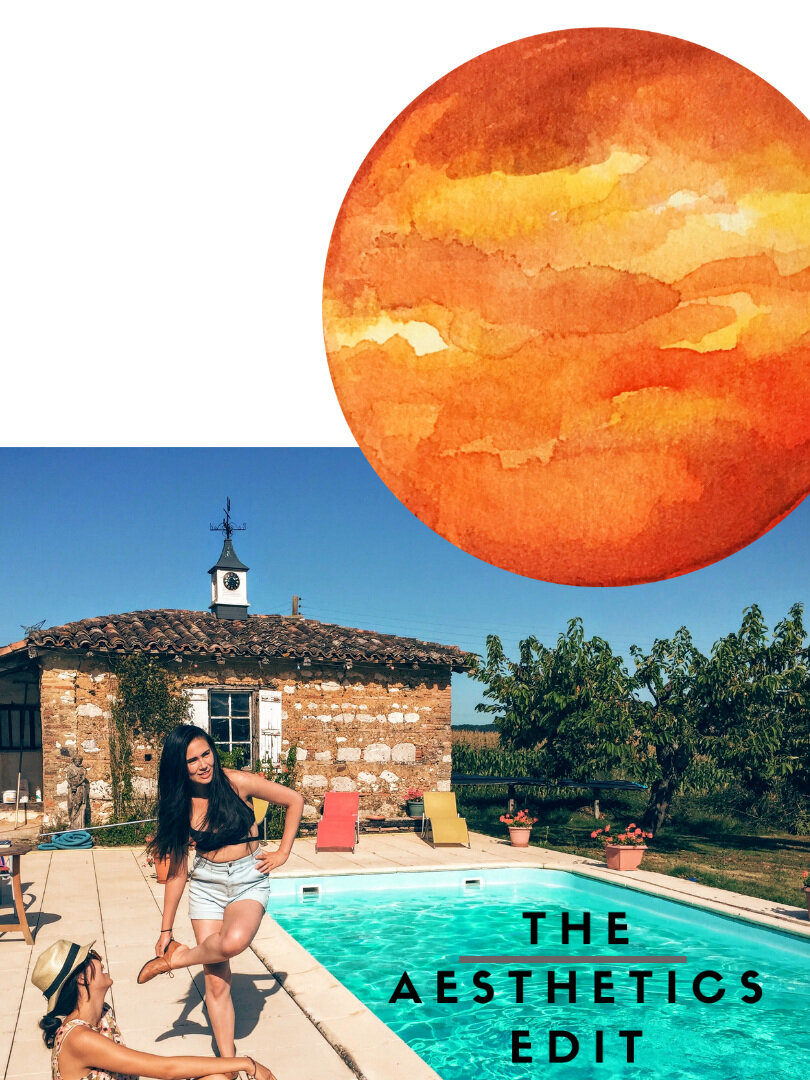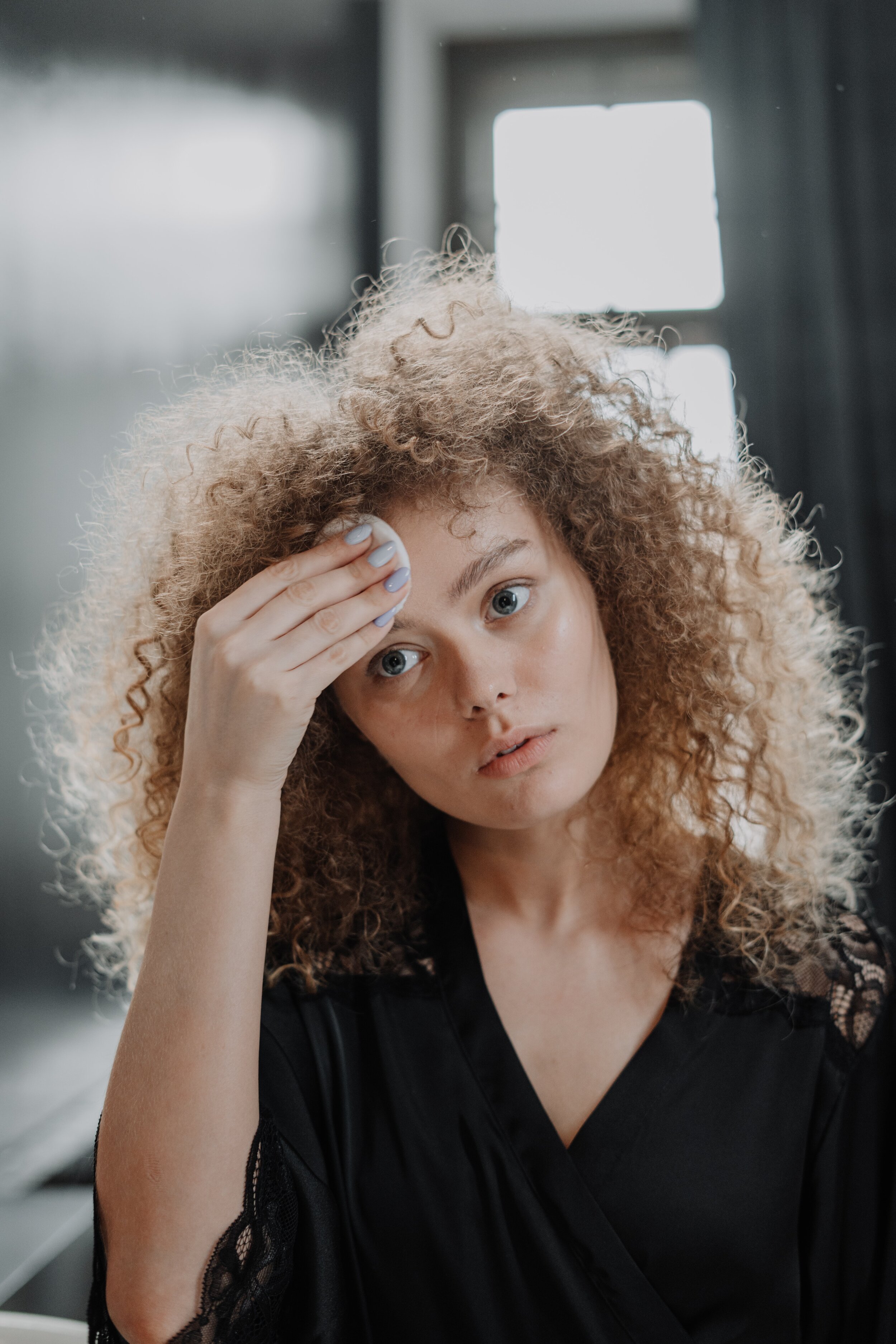
Welcome to The Aesthetics Edit™ - our educational platform at the intersection of art, beauty, medicine and science.
Explore by category and read our latest articles below,
or see a full list of all of our pieces here

What is Happening with the EU’s New “Ban” on Retinol?
You might have seen it all over the media recently - the EU is apparently banning retinol?! What is going on?
Well don't panic - retinol isn't disappearing completely! Instead, there are new rules that are going to regulate its percentages in cosmetic, over-the-counter products - and this does not apply to the use of these vitamin A derivatives (prescription retinoids) by healthcare professionals.
So let’s explore what’s happening.

Why You Should Not Use An Over-The-Counter Retinol
When it comes to skincare I fully acknowledge there is a lot of nonsense out there. “Medical-grade” is a marketing term not a regulated one. If you’re going to buy sunscreen I would rather you buy a broad-spectrum 50 plus SPF over the counter so that you apply it properly (i.e. you slather it on and you are not stingy with it because it cost you £70!) There are great cleansers out there with brands like CeraVe that don’t mean you need to break the bank.
So where should you spend your money?
If you are going to invest in decent skincare - and trust me it is worth investing in - please do so with your active skincare ingredients. And today I am going to focus on the most important skincare ingredient of all - your retinoids. And why you do NOT want to buy these over the counter. You need to get these from a skincare clinician or medical professional.

What is a Retinoid Sandwich?
Want to know one of my number one skincare tips as an aesthetic doctor?
It has to be the retinoid sandwich.
Whenever I discuss this with patients I’m always shocked that they’ve never heard of it before - even if they’ve been skincare aficionados for years!
So what is the retinoid sandwich?
Let’s find out.

Everything You Ever Wanted to Know About Retinoids
Have you heard about retinoids? Cosmetic doctors, dermatologists, plastic surgeons, and skincare scientists swear by it. Retinoids are often considered a “gold standard” in the treatment of skin rejuvenation due to their ability to increase the rate of cell turnover. They have been clinically proven to help diminish the appearance of fine lines and wrinkles, shrink the appearance of pore size, smooth out uneven skin tone and texture, as well as diminish the signs of photo-ageing. But how exactly does it work, and how can you safely add it into your skincare routine?
















The concept of “Instagram face” is not a new one, but has received more recent attention as Meta has banned filters that encourage plastic surgery. Awareness of the role that social media and photo editing plays in aesthetic medicine is incredibly important for both clinicians and patients. The influence of social media can be incredibly negative, and it means it’s more important than ever to navigate between good, ethical medical practice versus “selling” cosmetic procedures.